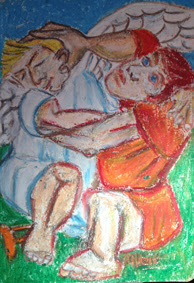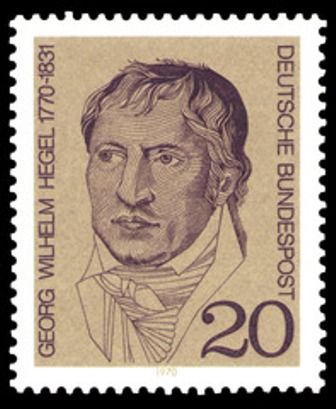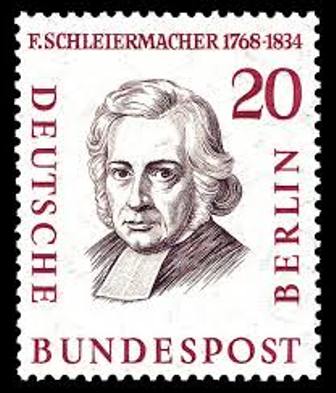 Bruce McCormack asks what constitutes and characterises modern theology as ‘modern,’ as opposed to ancient theology. He considers this question in two introductions: first to his Orthodox and Modern: Studies in the Theology of Karl Barth, and second in Mapping Modern Theology: A Thematic and Historical Introduction. In the first introduction, McCormack argues,
Bruce McCormack asks what constitutes and characterises modern theology as ‘modern,’ as opposed to ancient theology. He considers this question in two introductions: first to his Orthodox and Modern: Studies in the Theology of Karl Barth, and second in Mapping Modern Theology: A Thematic and Historical Introduction. In the first introduction, McCormack argues,
The conviction I came to at that time is one I still hold today: that it was the rise of ‘historical consciousness’—by which I mean the awareness that all human thinking is conditioned by historical (and cultural) location—that was most basic to the emergence of what we tend to think of as ‘modern’ theology today (10-11).
McCormack identifies two preconditions necessary for the emergence of historical consciousness in German culture: Kant’s limitation of what may be known by the theoretical reason in phenomenal reality, and second, the emergence of early romanticism in Herder and Hamann. “It was the confluence of these two developments especially which brought an end to Enlightenment rationalism and made possible the first truly modern theologies” (11). McCormack goes on to identify the features which characterise modern theology:
Beyond the historicizing tendencies unleashed by the rise of historical consciousness, any truly ‘modern’ theology will also include the following: an acceptance, in principle at the very least, of critical methods for studying the Bible; a recognition of the loss of respect among philosophers for classical metaphysics in all of their (Greek) forms; the recognition of the breakdown of the old Aristotelian-biblical cosmology in the course of the seventeenth century; and acceptance of the necessity of constructing doctrines of creation and providence which find their ground in more modern theological and/or philosophical resources.
Negotiable elements (i.e. those found in some ‘modern’ theologians but certainly not in all) include the following: a relatively positive stance towards evolutionary science…; nonfoundationalism, and opposition to natural theology (11).
In the second introduction McCormack covers much of the same ground though with a little more detail and discussion. Here he speaks of three defining moments in the move toward modern theology:
- The Rise of Science and its challenge to traditional orthodoxy, especially in the field of creation. Traditional theological authorities, especially Scripture, could no longer be taken at face value, but required interpretation in the light of new knowledge and new realities.
- The Rise of Critical Philosophy and its challenge to our knowledge of God. Kant’s dualist epistemology meant that God could not be known. Enter Hegel, whose speculative theological philosophy brought God back into knowledge, but understood now in personalist terms as an infinite Subject rather than in terms of classical metaphysics as an infinite Substance.
- Given God’s personal subjectivity, revelation came to be understood in terms of personal self-disclosure rather than the communication of information, and Scripture as a witness to revelation, as revelation only in a secondary and derivative sense.
As a result of these defining moments, modern theology either accommodates its interpretation of Scripture to knowledge gained elsewhere, or mediates traditional theological values in entirely new forms. It puts aside classical metaphysics and theism, and seeks to understand God and the God-world relation in new ways. It embraces biblical criticism as a matter of principle, while not necessarily affirming every form of criticism.
McCormack notes that not all theology done in modernity is actually ‘modern.’ It is only characterised as modern if it shares these modern commitments. Nor is a return to pre-modern theology desirable or legitimate, for the modern challenge has arisen precisely because of problems inherent in classical thought. McCormack therefore approves these three moves and obviously wants to be a ‘modern theologian’ in this sense, but is also very aware that these three commitments have often led modern theologians in unbiblical, unorthodox directions. His intent is to be a modern theologian, but within the orbit of biblical orthodoxy. Has he managed to walk this fine line?

